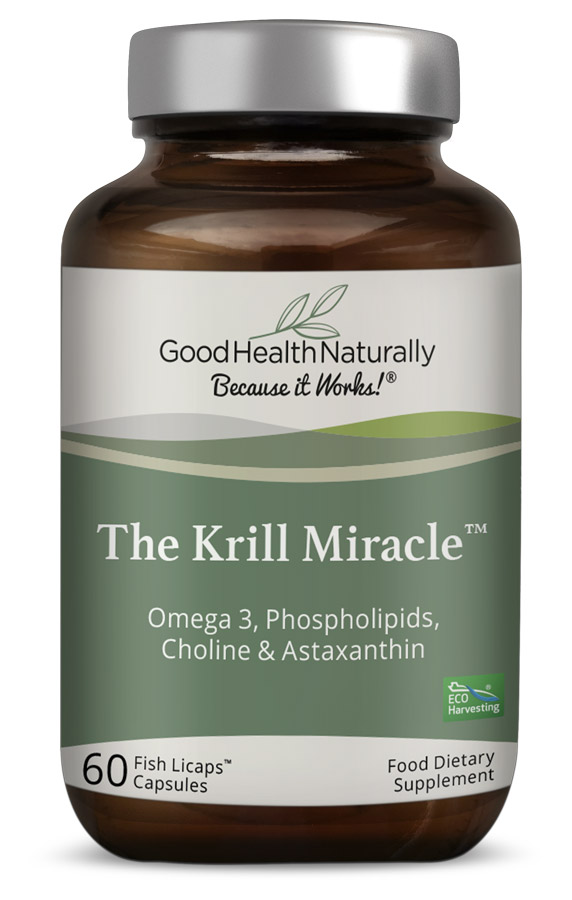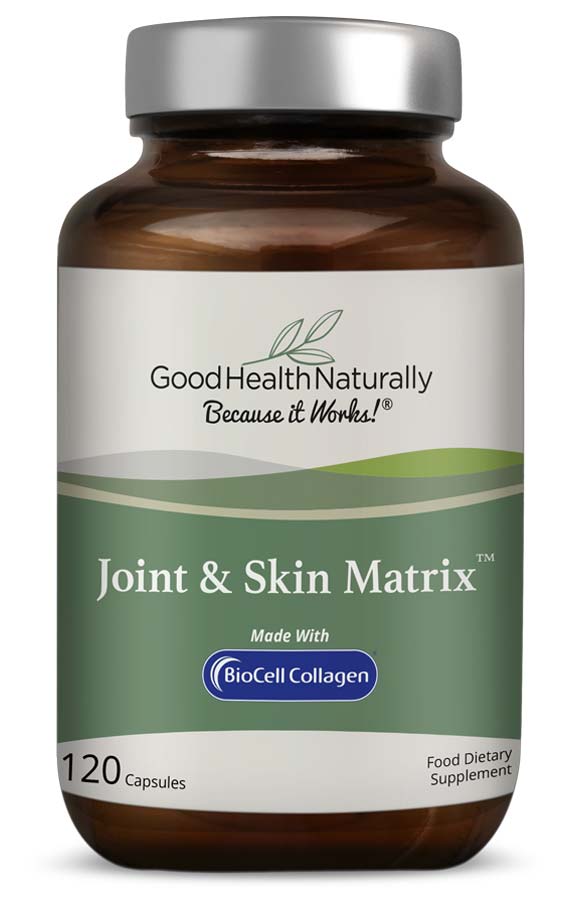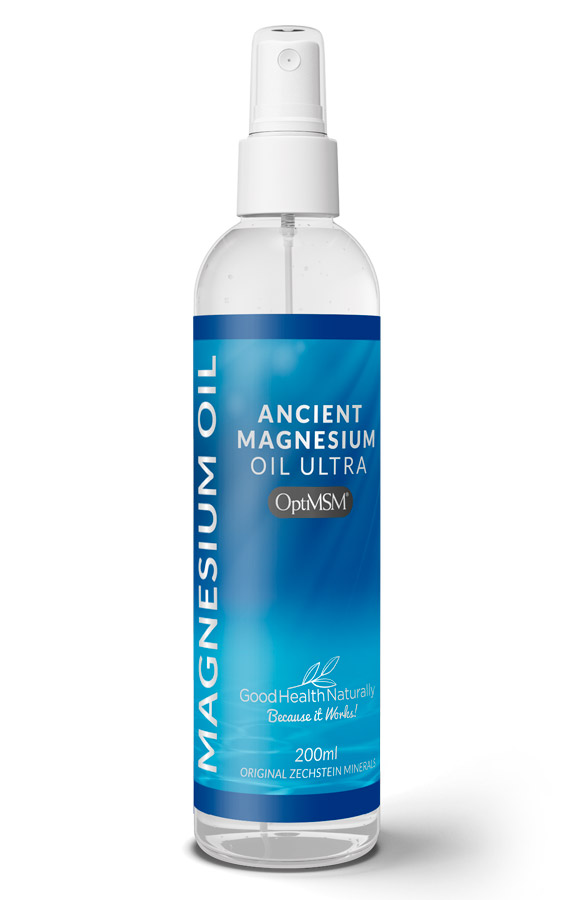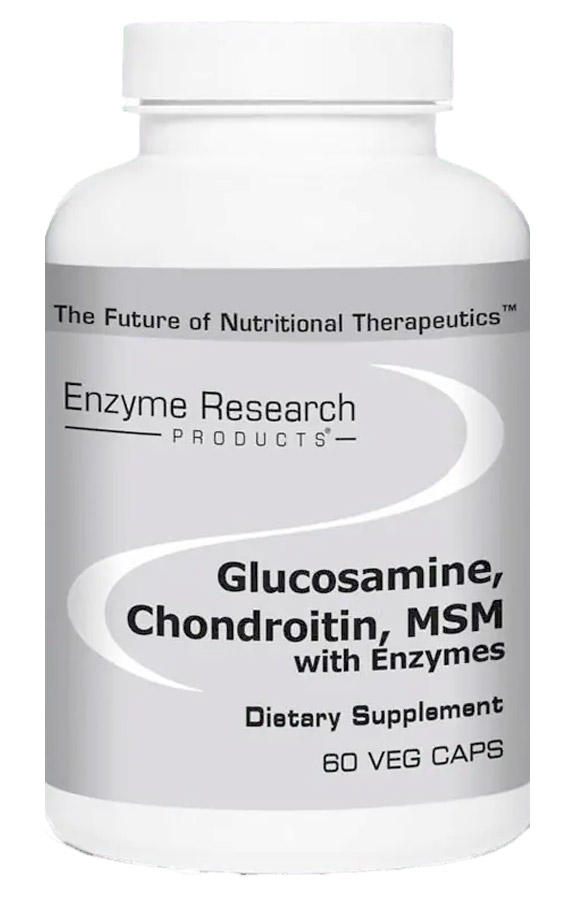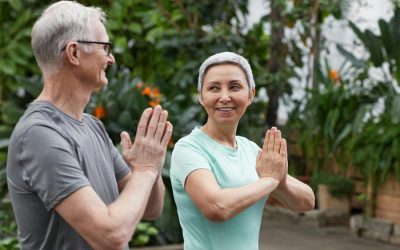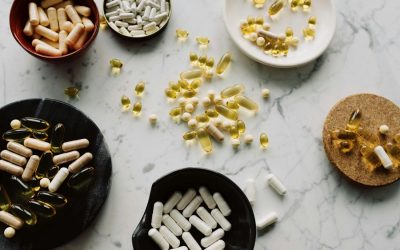Whether it’s aching muscles after exercise, joint stiffness, or a sore lower back, finding ways to ease muscle and joint pain is essential to maintaining energy, mood, and quality of life. According to the National Institute for Health and Care Excellence, between one-third and one-half of adults in the UK experience chronic discomfort lasting for three months or more. Many turn to over-the-counter medications like anti-inflammatories or painkillers to help them get through the day. Long-term use of some of these medications has been linked to issues like gastrointestinal damage and even liver toxicity. But did you know there are powerful natural ways to help manage and reduce aching muscles and sore joints?
Understanding the Difference Between Muscle Pain and Joint Pain
While muscle and joint pain often occur together, they are not the same. Muscle pain is usually triggered by overuse or strain and typically subsides when the muscle is at rest. Joint pain can persist even when the body is resting. It is often caused by an underlying condition like arthritis, tendonitis, bursitis or autoimmune conditions like rheumatoid arthritis.
Is Inflammation the Root of Your Muscle or Joint Pain?
Common symptoms of muscle and joint pain include swelling, stiffness and reduced mobility, often stemming from inflammation. It is a natural biological response meant to protect the body from injury and infection. It triggers swelling, heat, redness, and pain, all of which are key to the healing process. But when inflammation becomes chronic, it can do more harm than good.
Top Nutrients to Ease Muscle and Joint Pain Naturally
Natural Enzymes Bromelain and Papain for Joint and Muscle Relief
Derived from pineapple and papaya, bromelain and papain are powerful enzymes offering natural anti-inflammatory effects. Research suggests that they may help alleviate conditions such as arthritis and sports injuries. Bromelain, in particular, has been shown to inhibit pro-inflammatory compounds in the body. A trial published in the Journal of Alternative Therapies in Health and Medicine suggested bromelain may help with osteoarthritis and degenerative joint issues.
Curcumin for Muscle and Joint Inflammation
Curcumin, the bright yellow active compound found in the spice turmeric, is widely recognised as one of the most potent natural anti-inflammatories. Used for centuries in Ayurvedic and traditional Chinese medicine, it offers numerous health benefits, especially for those dealing with chronic pain and inflammation. Research suggests that curcumin inhibits key enzymes and molecules involved in the inflammatory process, targeting the same pathways as pharmaceutical anti-inflammatories, such as NSAIDs. Studies have shown that curcumin can, in some cases, be as effective as NSAIDs in reducing pain, swelling, and stiffness in people with osteoarthritis and rheumatoid arthritis.
When choosing a supplement, it is essential to look for a highly bioavailable form, such as Meriva curcumin, to ensure optimal absorption and effectiveness.
Glucosamine and Chondroitin for Joint Health and Pain Relie
Both glucosamine and chondroitin are naturally occurring compounds found in healthy cartilage, which cushions the joints and allows for smooth, pain-free movement. As we age, or in conditions like osteoarthritis, the cartilage begins to wear down, leading to increased friction, inflammation, stiffness and joint pain. Glucosamine and chondroitin work together to help maintain this critical tissue.
Collagen for Joint Flexibility and Muscle Recovery
Collagen plays a vital role in maintaining the health and integrity of both joints and muscles. As the most abundant protein in the body, collagen is a key structural component of cartilage, tendons, ligaments and connective tissues. It helps cushion joints, maintain flexibility and support muscle repair after physical stress. With age, natural collagen production declines, leading to stiffer joints, reduced mobility and increased muscle soreness.
Supplementing with collagen, particularly hydrolysed collagen type 2 peptides, may help reduce joint pain, improve joint function and enhance muscle recovery by promoting the regeneration of connective tissues.
Balancing Omega-3s to Reduce Inflammation
Omega-3 fatty acids play a crucial role in reducing inflammation throughout the body, while omega-6s are known to promote inflammation when consumed in excess. Although both types of fats are essential, the modern diet is typically overloaded with omega-6 from processed and refined foods. This leads to an imbalanced omega-6 to omega-3 ratio. Ideally, the ratio should be close to 1:1, but in many cases it can reach 30:1, increasing the risk of chronic inflammation and associated health concerns.
To help restore a healthier balance, consider supplementing with a high-quality source of omega-3s such as krill oil, which provides EPA and DHA in a highly absorbable form.
Magnesium for Muscle Relaxation and Recovery
Magnesium plays a key role in helping to ease muscle and joint pain by relaxing muscles and reducing nerve sensitivity. It’s involved in over 300 enzymatic reactions in the body, many of which support muscle function, nerve signalling, energy production, and bone health. Without enough magnesium, muscles can become tense or cramped, leading to soreness, fatigue, and stiffness.
A practical and soothing way to boost magnesium levels is through topical application. When applied to the skin via oils, lotions, or magnesium-rich baths, it’s absorbed transdermally, bypassing the digestive system and delivering magnesium directly to the areas that need it most.
Daily Lifestyle Habits to Ease Muscle and Joint Pain Naturally
Stay Active with Gentle, Low-Impact Exercise
Low-impact exercises, such as swimming, walking, and yoga, help maintain mobility, improve circulation, and reduce stiffness. Movement also boosts the flow of synovial fluid in joints, nourishing cartilage and reducing friction.
Stretch and Strengthen to Support Joints
Regular stretching can help prevent muscle tightness, while strength training supports joints and reduces stress on them. Always warm up before exercise and cool down afterwards to prevent strain.
Hydrate to Prevent Muscle Cramps and Joint Stiffness
Dehydration can worsen muscle cramps and joint pain. Aim for at least eight glasses of water per day to keep tissues hydrated and joints lubricated.
Improve Sleep to Promote Healing and Recovery
Your body does the majority of its healing during sleep. If sleep is a problem, try herbal teas and good sleep hygiene to help you get the rest you need for recovery.
Final Thoughts: Natural Ways to Ease Muscle and Joint Pain
If you’re searching for natural ways to ease muscle and joint pain, supplements like bromelain, curcumin, magnesium, and krill oil may offer relief. When combined with gentle movement, hydration, and restorative sleep, these tools can help reduce inflammation, support recovery, and enhance your overall quality of life.
References
https://pmc.ncbi.nlm.nih.gov/articles/PMC8544154/
https://pubmed.ncbi.nlm.nih.gov/28217537/
https://pubmed.ncbi.nlm.nih.gov/24273953/
https://pubmed.ncbi.nlm.nih.gov/32664057/
https://pubmed.ncbi.nlm.nih.gov/33174301/
https://pubmed.ncbi.nlm.nih.gov/27930973/
https://pmc.ncbi.nlm.nih.gov/articles/PMC3918523/
https://pubmed.ncbi.nlm.nih.gov/26357480/
https://pubmed.ncbi.nlm.nih.gov/22332096/
https://pubmed.ncbi.nlm.nih.gov/27279841/


